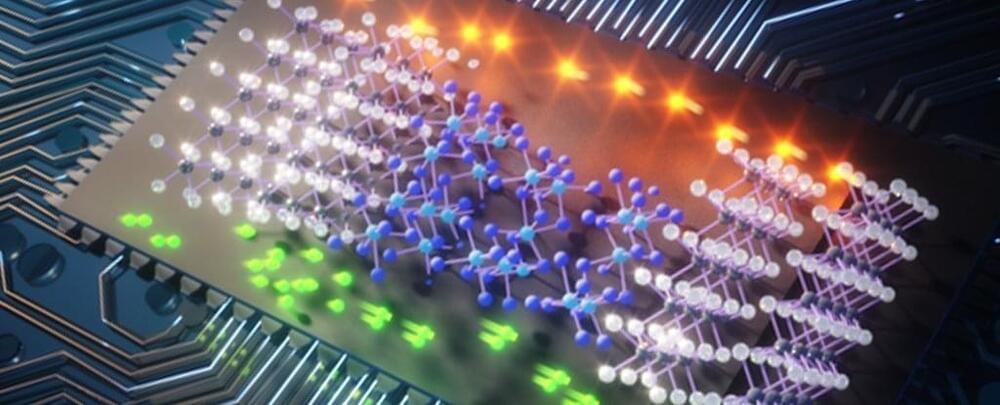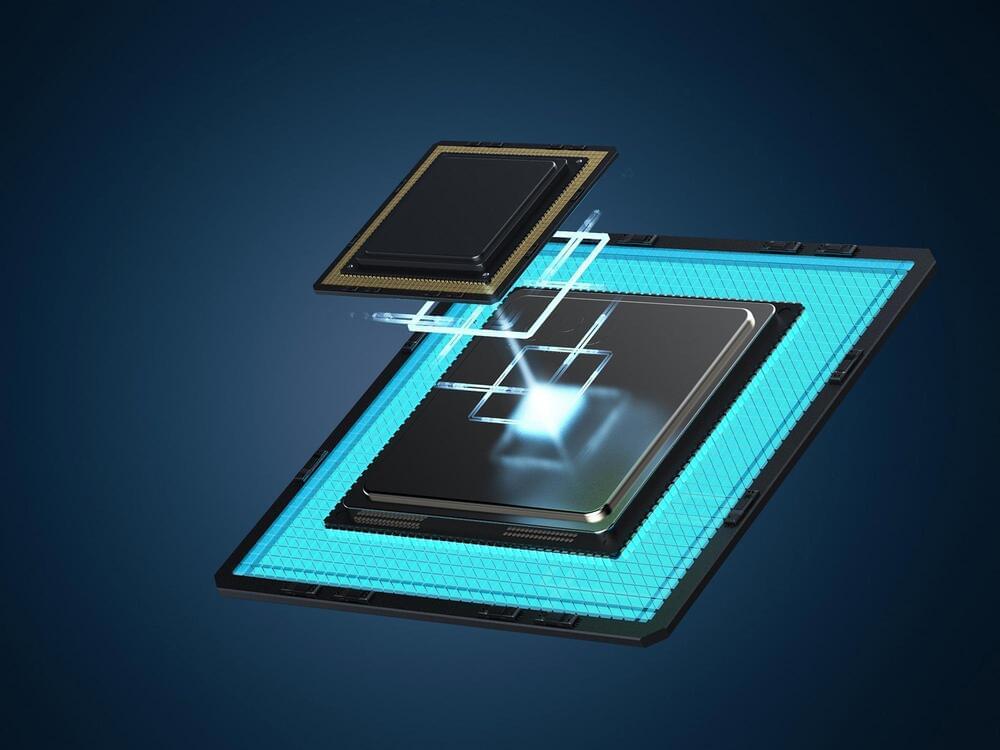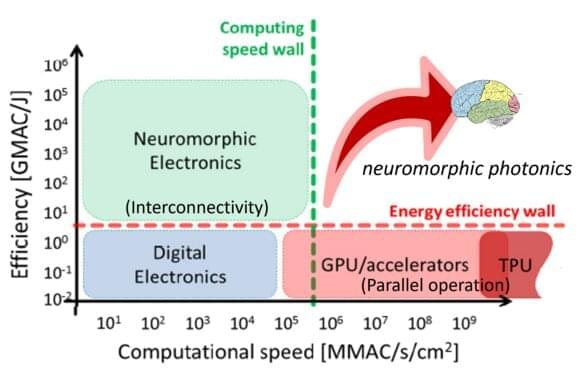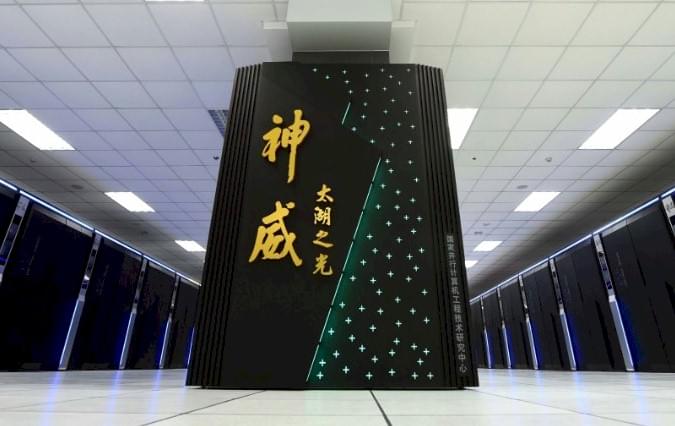Archive for the ‘supercomputing’ category: Page 44
May 4, 2022
Cutting the carbon footprint of supercomputing in scientific research
Posted by Shubham Ghosh Roy in categories: information science, supercomputing
Simon Portegies Zwart, an astrophysicist at Leiden University in the Netherlands, says more efficient coding is vital for making computing greener. While for mathematician and physicist Loïc Lannelongue, the first step is for computer modellers to become more aware of their environmental impacts, which vary significantly depending on the energy mix of the country hosting the supercomputer. Lannelongue, who is based at the University of Cambridge, UK, has developed Green Algorithms, an online tool that enables researchers to estimate the carbon footprint of their computing projects.
Apr 27, 2022
Physicists Developed a Superconductor Circuit Long Thought to Be Impossible
Posted by Paul Battista in categories: quantum physics, supercomputing
By exchanging a classical material for one with unique quantum properties, scientists have made a superconducting circuit that’s capable of feats long thought to be impossible.
The discovery, made by researchers from Germany, the Netherlands, and the US, overturns a century of thought on the nature of superconducting circuits, and how their currents can be tamed and put to practical use.
Low-waste, high-speed circuits based on the physics of superconductivity present a golden opportunity to take supercomputing technology to a whole new level.
Apr 24, 2022
Atomic Layer Etching Could Lead to Ever-More Powerful Microchips and Supercomputers
Posted by Quinn Sena in categories: mobile phones, particle physics, supercomputing
Over the course of almost 60 years, the information age has given the world the internet, smart phones, and lightning-fast computers. This has been made possible by about doubling the number of transistors that can be packed onto a computer chip every two years, resulting in billions of atomic-scale transistors that can fit on a fingernail-sized device. Even individual atoms may be observed and counted within such “atomic scale” lengths.
Physical limit
With this doubling reaching its physical limit, the U.S. Department of Energy’s (DOE) Princeton Plasma Physics Laboratory (PPPL) has joined industry efforts to prolong the process and find new techniques to make ever-more powerful, efficient, and cost-effective chips. In the first PPPL research conducted under a Cooperative Research and Development Agreement (CRADA) with Lam Research Corp., a global producer of chip-making equipment, laboratory scientists properly predicted a fundamental phase in atomic-scale chip production through the use of modeling.
Apr 18, 2022
Tachyum Prodigy Processor — Small can be Amazing!
Posted by Kelvin Dafiaghor in categories: robotics/AI, supercomputing
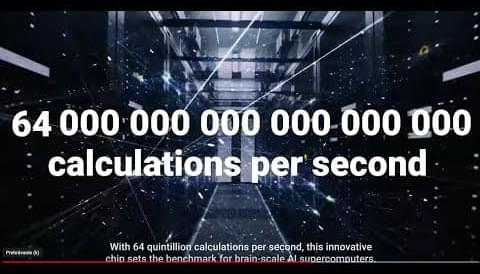
The world’s first universal processor. See the benefits of the fastest running processor for hyperscale data centers and supercomputers and AI.
Apr 12, 2022
How to build brain-inspired neural networks based on light
Posted by Jose Ruben Rodriguez Fuentes in categories: biotech/medical, robotics/AI, supercomputing
Supercomputers are extremely fast, but also use a lot of power. Neuromorphic computing, which takes our brain as a model to build fast and energy-efficient computers, can offer a viable and much-needed alternative. The technology has a wealth of opportunities, for example in autonomous driving, interpreting medical images, edge AI or long-haul optical communications. Electrical engineer Patty Stabile is a pioneer when it comes to exploring new brain-and biology-inspired computing paradigms. “TU/e combines all it takes to demonstrate the possibilities of photon-based neuromorphic computing for AI applications.”
Patty Stabile, an associate professor in the department of Electrical Engineering, was among the first to enter the emerging field of photonic neuromorphic computing.
“I had been working on a proposal to build photonic digital artificial neurons when in 2017 researchers from MIT published an article describing how they developed a small chip for carrying out the same algebraic operations, but in an analog way. That is when I realized that synapses based on analog technology were the way to go for running artificial intelligence, and I have been hooked on the subject ever since.”
Apr 10, 2022
Swiss researchers make spin ice supercomputing breakthrough
Posted by Jose Ruben Rodriguez Fuentes in categories: energy, supercomputing
Apr 7, 2022
Scientists Just Broke The Record For Calculating Pi, And Infinity Never Felt So Close
Posted by Quinn Sena in categories: mathematics, supercomputing
Circa 2021
Swiss researchers said Monday they had calculated the mathematical constant pi to a new world-record level of exactitude, hitting 62.8 trillion figures using a supercomputer.
“The calculation took 108 days and nine hours” using a supercomputer, the Graubuenden University of Applied Sciences said in a statement.
Apr 2, 2022
How China Made An Exascale Supercomputer Out Of Old 14 Nanometer Tech
Posted by Kelvin Dafiaghor in categories: robotics/AI, supercomputing
If you need any proof that it doesn’t take the most advanced chip manufacturing processes to create an exascale-class supercomputer, you need look no further than the Sunway “OceanLight” system housed at the National Supercomputing Center in Wuxi, China.
Some of the architectural details of the OceanLight supercomputer came to our attention as part of a paper published by Alibaba Group, Tsinghua University, DAMO Academy, Zhejiang Lab, and Beijing Academy of Artificial Intelligence, which is running a pretrained machine learning model called BaGuaLu, across more than 37 million cores and 14.5 trillion parameters (presumably with FP32 single precision), and has the capability to scale to 174 trillion parameters (and approaching what is called “brain-scale” where the number of parameters starts approaching the number of synapses in the human brain). But, as it turns out, some of these architectural details were hinted at in the three of the six nominations for the Gordon Bell Prize last fall, which we covered here. To our chagrin and embarrassment, we did not dive into the details of the architecture at the time (we had not seen that they had been revealed), and the BaGuaLu paper gives us a chance to circle back.
Before this slew of papers were announced with details on the new Sunway many-core processor, we did take a stab at figuring out how the National Research Center of Parallel Computer Engineering and Technology (known as NRCPC) might build an exascale system, scaling up from the SW26010 processor used in the Sunway “TaihuLight” machine that took the world by storm back in June 2016. The 260-core SW26010 processor was etched by Chinese foundry Semiconductor Manufacturing International Corporation using 28 nanometer processes – not exactly cutting edge. And the SW26010-Pro processor, etched using 14 nanometer processes, is not on an advanced node, but China is perfectly happy to burn a lot of coal to power and cool the OceanLight kicker system based on it. (Also known as the Sunway exascale system or the New Generation Sunway supercomputer.)
Mar 31, 2022
DeepMind Mafia, DishBrain, PRIME, ZooKeeper AI, Instant NeRF
Posted by Dan Kummer in categories: biological, climatology, robotics/AI, supercomputing
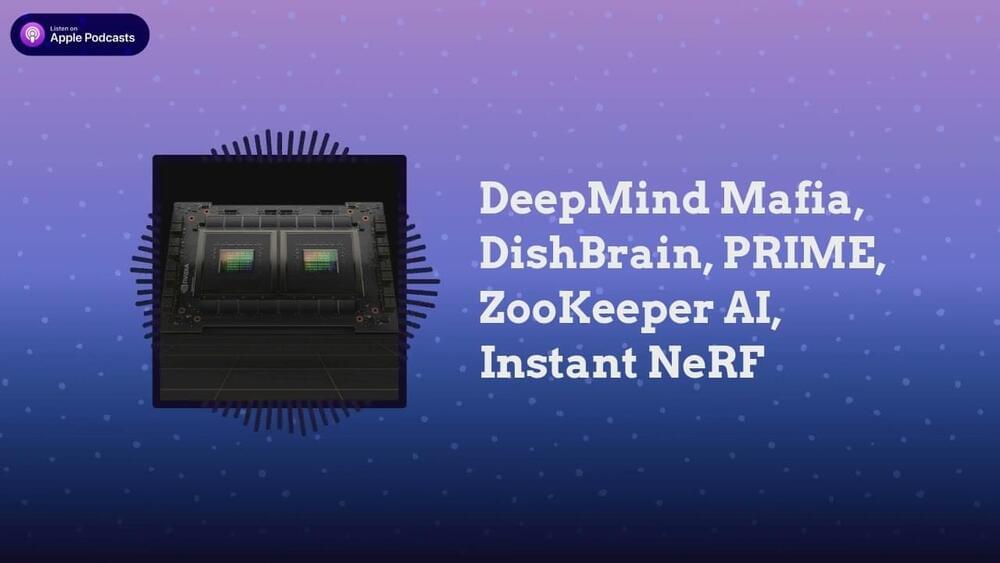
Mar 31, 2022
Our 91st episode with a summary and discussion of last week’s big AI news!
Outline:
Continue reading “DeepMind Mafia, DishBrain, PRIME, ZooKeeper AI, Instant NeRF” »


